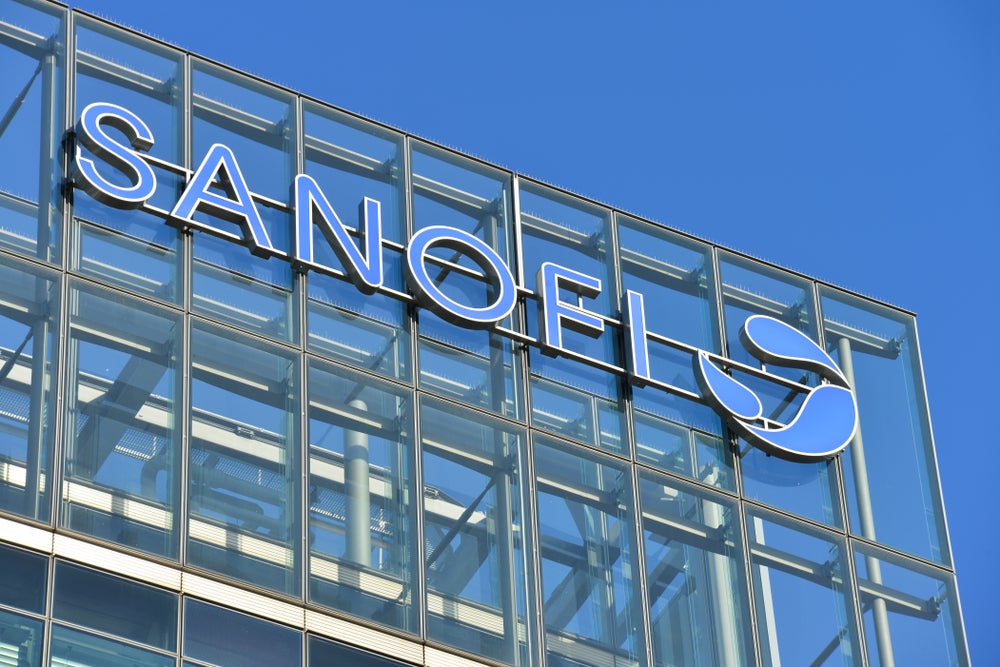Soon after Sanofi announced that the US Food and Drug Administration (FDA) accepted its supplemental biologics licence application (sBLA) for priority review, the global pharma company announced positive results for the Phase III study of its Sarclisa (isatuximab) combination therapy for the treatment of multiple myeloma (MM).
The results, which were shared at the American Society of Clinical Oncology (ASCO) Annual Meeting, held from 31 May to 4 June, reported that Sarclisa in combination with standard-of-care bortezomib, lenalidomide and dexamethasone (VRd) reduced the risk of disease progression or death by 40% compared to treatment with the VRd active comparator arm.
The randomised, multi-centre, open-label Phase III IMROZ study (NCT03319667) evaluated the treatment in 446 patients with newly diagnosed, transplant-ineligible MM. The study’s primary endpoint of progression-free survival (PFS) was met, with the estimated PFS at 60 months recorded at 63.2% in the treatment group versus 45.2% in the comparator arm. However, the regimen has not yet reached its trial median PFS.
As per the 3 June press release, Sarclisa is the first anti-CD38 combination therapy to “significantly improve” PFS in newly diagnosed transplant-ineligible MM.
The key secondary endpoints of IMROZ were complete response rate (CR), minimal residual disease (MRD) negativity rate for patients with a complete response, very good partial response (VGPR) or better rate, and overall survival (OS). Of the patients treated with Sarclisa/VRd, 74.7% achieved a CR and 55.5% achieved an MRD negativity rate, with 46.8% of patients sustaining MRD for at least 12 months. Comparatively, in the VRd active comparator group, 64.1% of patients achieved CR and 40.9% of patients achieved MRD negative CR, with 24.3% of patients sustaining MRD for the same 12-month period.
Sarclisa demonstrated a consistent safety and tolerability profile, with no new safety signals.
Sarclisa, a CD38-directed cytolytic human monoclonal antibody, was first approved as a combination treatment for adults with MM in 2021. According to GlobalData’s consensus forecasts, The therapy is anticipated to generate global sales of $887m in 2030.
GlobalData is the parent company of Pharmaceutical Technology.
Sanofi’s treatment is set to face stiff competition in the form of J&J’s anti-CD38 treatment, Darzalex (daratumumab), which dominates the market for anti-CD38 MM treatments. As per GlobalData’s consensus forecasts, Darzalex is expected to generate total global sales of $17.5bn in 2029.









